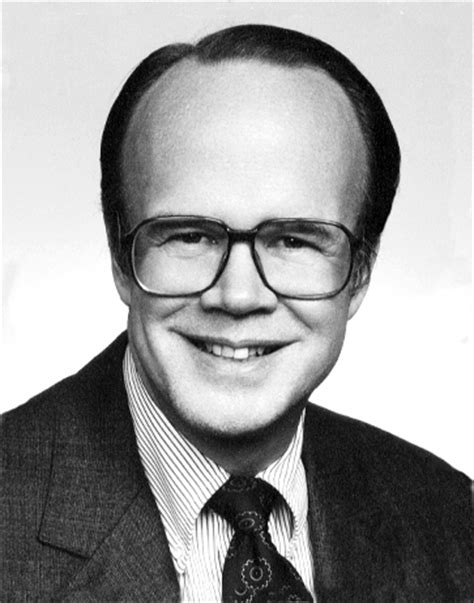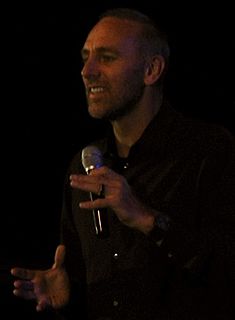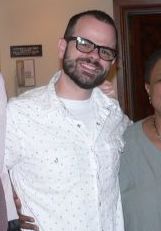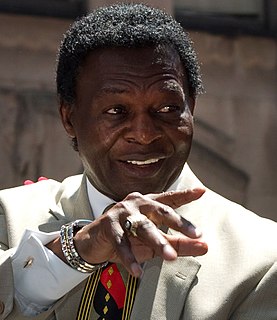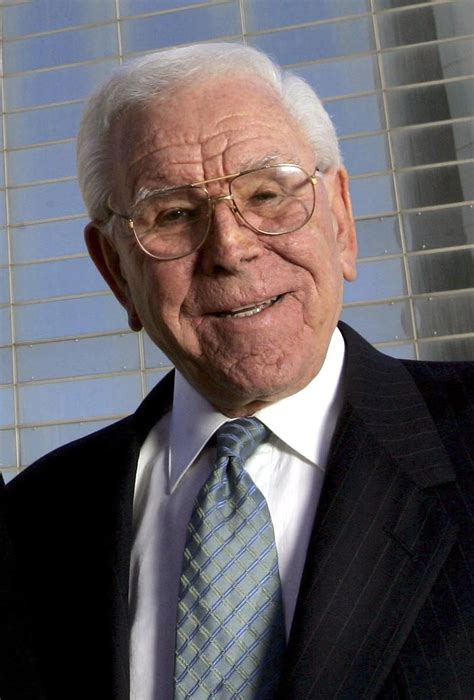A Quote by Barbara Brown Taylor
The church grew, and I gained a reputation for preaching, and people came, and it was a wonderful community. But we had a building that seated 82 people, and with a congregation then approaching 400 we were up to four services on Sunday, and everyone was tired.
Related Quotes
I do not like a high-organized church. I think that as soon as the congregation reaches a level of one hundred or so people, it is time to build a new church. As soon as the congregation gets to the point where you are not on fairly intimate terms with every other person in that church, then you have become a theater where people can attend services. I do not think you can attend a church service. Service is not something which is there to be viewed as if it were a play or a movie.
Preaching is the primary means of growth for the local church. There is a great deal of debate about this in our day, but it is the preaching of the Word that God most uses to build up a church, not only numerically but above all (and far more importantly) in spiritual depth and understanding of the people who make up the congregation.
We planted the church by starting a Sunday night outreach. The very first Sunday we had 70 people turn up. The second week, there were 60, the third week, 53, and by the fourth week, 45. I've often joked that we worked it out at the time- we had only four and a half weeks left until there were no more people. It was about that time that we had our first ever commitment to Christ. We outgrew the school hall after 12 months. The crowds were so big that we were using road-case as the platform, and what should have been the stage as a balcony so that we could fit more people in.
I had a lot of gay friends and even had some congregation members who were gay, and I just wasn't sure where I stood. In my heart, I was like, "How can I condemn these people for their love of one another?" I started looking deeper into the Bible and studying and then I went to a gay-affirming church. It all came together at one point.
T]he church is not a place. It's not a building. It's not a preaching point. It's not a spiritual service provider. It's a people - the new covenant, blood-bought people of God. That's why Paul said, 'Christ loved the church and gave himself up for her' (Eph. 5:25). He didn't give himself up for a place, but for a people.
When people give up sex and give up love or they only have love in the context of tradition then I think we're missing the opportunity of saying to each other building community, building desire in community gives all of us the possibility of learning how to be who we always were terrified we'd find out we were, and then not be ashamed of it and to not have our desire and our love embedded in shame is a profound thing and it's part of what drives the movement.
I will tell you what this people need, with regard to preaching; you need, figuratively, to have it rain pitchforks, tines downwards, from this pulpit, Sunday after Sunday. Instead of the smooth, beautiful, sweet, still, silk-velvet-lipped preaching, you should have sermons like peals of thunder, and perhaps we then can get the scales from our eyes.
In Sweden, I went to an English school, where there was a mishmash of people from all over the world. Some were diplomatic kids with a lot of money, some were ghetto kids who came up from the suburbs, and I grew up in between. There's a community of second generation immigrants, and I became part of that because I had an American father.
In the urban community, the church doesn't just take people to Heaven; it feeds, clothes, and houses them. It teaches them how to read and gets them jobs. The church should be doing all that. What the government should be doing is freeing up the church and supporting the church, as long as it is providing social services.


